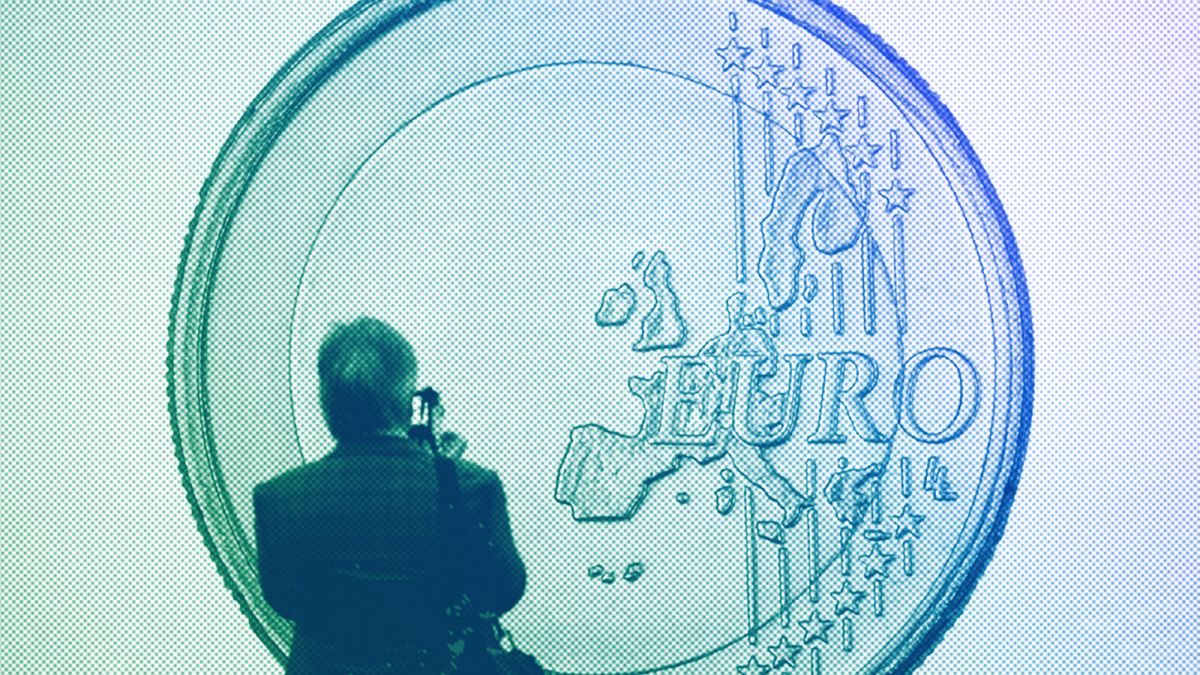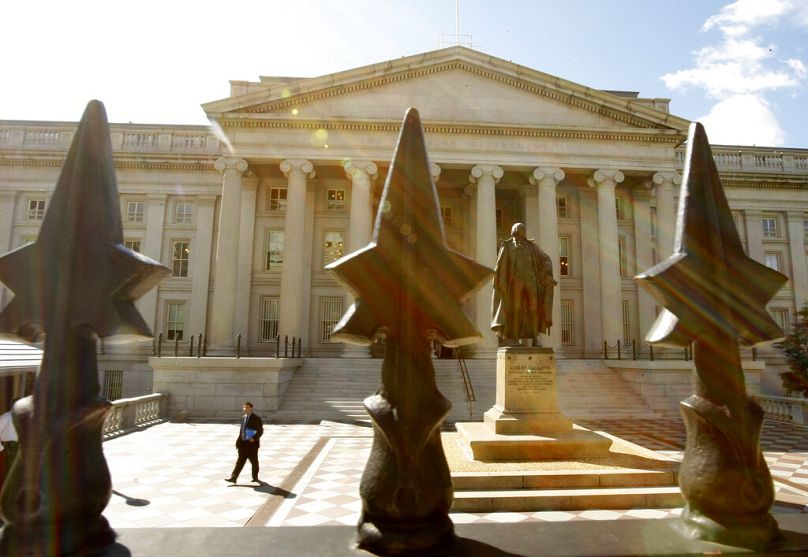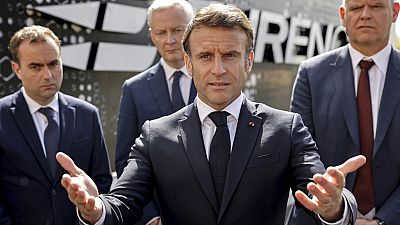Will the minimum tax raise hundreds of billions in revenue and end tax competition? At best, it’s uncertain; at worst, it’s unlikely, Daniel Bunn writes.
Implementation of the global minimum tax is looming, and governments and businesses are starting to see it for what it is: a weak, if not empty, promise.
Starting 1 January, several dozen jurisdictions will begin levying top-up taxes on large multinational companies that pay an effective tax rate of less than 15%.
But will the new protocol raise the forecasted revenue and stamp out tax competition?
Proponents have confidently affirmed it will, but this is a little like the townspeople in the folktale, “The Emperor’s New Clothes,” not wanting to point out the truth.
An honest assessment suggests this emperor has no clothes — the global minimum tax will neither raise expected revenue nor eradicate tax competition.
Hesitance and delayed implementation
The Organisation for Economic Co-operation and Development (OECD), which shepherded negotiations in this project, estimates it will raise up to $220 billion (€201bn) annually across the globe.
Such estimates are fraught with ambiguity; even the US Congress’ Joint Committee on Taxation (JCT) is unsure how much revenue could accrue to the US Treasury if the rules are adopted in the US and elsewhere.
JCT’s estimates drastically range from a $122bn (€111.5bn) reduction to a potential $236.5bn (€216.2bn) addition over 10 years. Tax Foundation’s own estimates of changing US rules to match the minimum tax show significant risks to the US tax base.
US legislation is nowhere to be seen since it was last attempted in 2021, and several jurisdictions, including Switzerland, are considering a delayed implementation.
And while some countries like Spain and Poland had elections in 2023 that delayed their ability to prepare to implement the rules, other countries in Africa and South America are simply hesitant to implement legislation.
For the countries attempting to move legislation forward, there are many challenges. According to European Union official Benjamin Angel, governments raised more than 400 different questions to clarify how the rules might work for the 27 member states.
As for revenue, several other countries have also generated estimates, with the combined revenue from nine European countries coming out to less than $10 billion per year (€9.1bn). There’s a long way to go to hit the OECD’s number of $220bn.
Where will this revenue end up?
Revenue is just one piece of the purported fanfare, though.
Often when additional tax revenue is available, people expect it to be channelled into public infrastructure or services like education or health care. While that may be the case for some of the revenue raised by the minimum tax, a more troubling scenario will likely unfold.
While the rules place a new tax burden on companies with low effective tax rates, they also give governments leeway to provide support to companies.
Two companies in similar situations may face very different impacts under the minimum tax while receiving the same monetary value in fiscal support from governments.
A company that receives a standard tax credit could see a top-up, while a company that receives the same amount in either a grant or a refundable tax credit would be at a lower risk of facing a top-up.
Clever governments (and their constituents in the private sector) could collaborate to ensure that fiscal benefits are designed to minimise the likelihood of top-ups, all while playing within the new rules.
Much revenue from top-ups will get channelled into new subsidy regimes.
Politicians will celebrate it, regardless
The opaque design of the minimum tax will thus lead to additional opaque subsidies — uglier forms of tax competition.
Countries should look instead to principled policies that support capital investment, workers, and economic growth.
These include full expensing for capital investment (like the United Kingdom recently made permanent for plant and equipment) and lower tax burdens for workers.
So, will the minimum tax raise hundreds of billions in revenue and end tax competition? At best, it’s uncertain; at worst, it’s unlikely.
Will it change business and government decisions as they learn to work with the new rules? Absolutely.
Is it also popular for politicians to celebrate a proposal based on platitudes about what it could do rather than face reality about what it does? Again, absolutely.
Daniel Bunn is President and CEO of the Tax Foundation, a nonpartisan tax research organisation in Washington, DC.
At Euronews, we believe all views matter. Contact us at view@euronews.com to send pitches or submissions and be part of the conversation.





